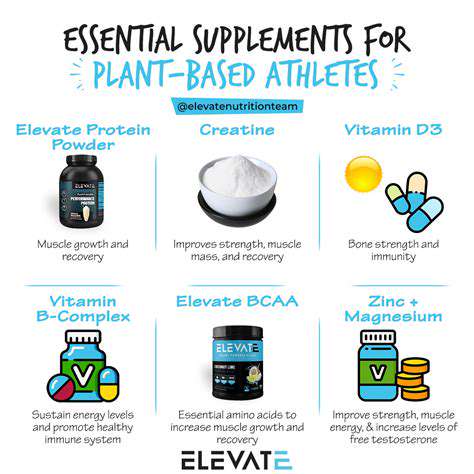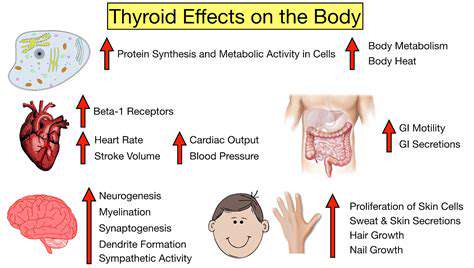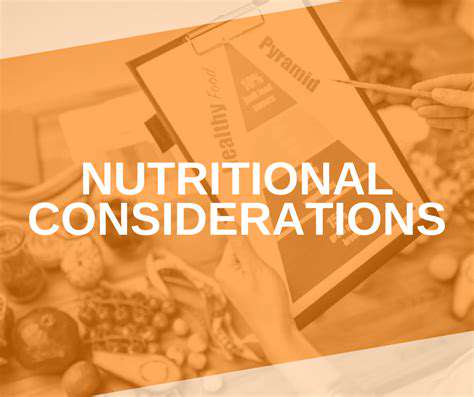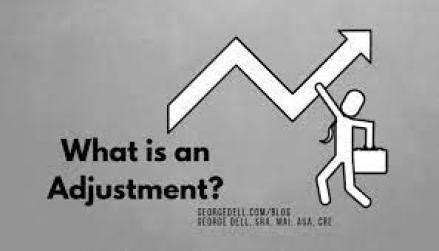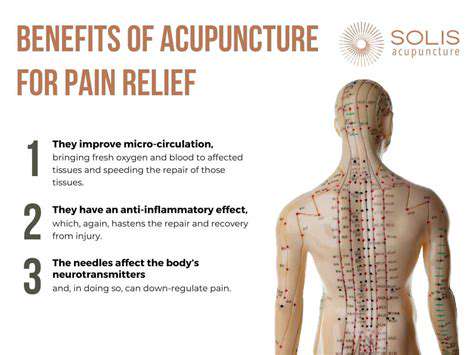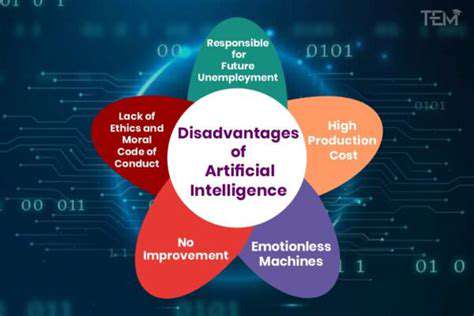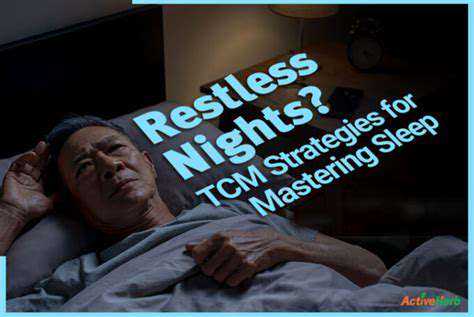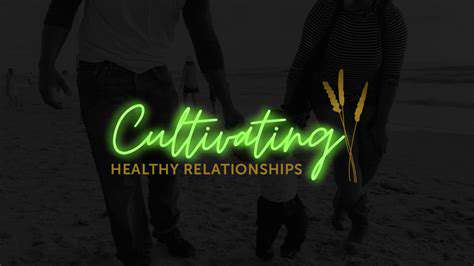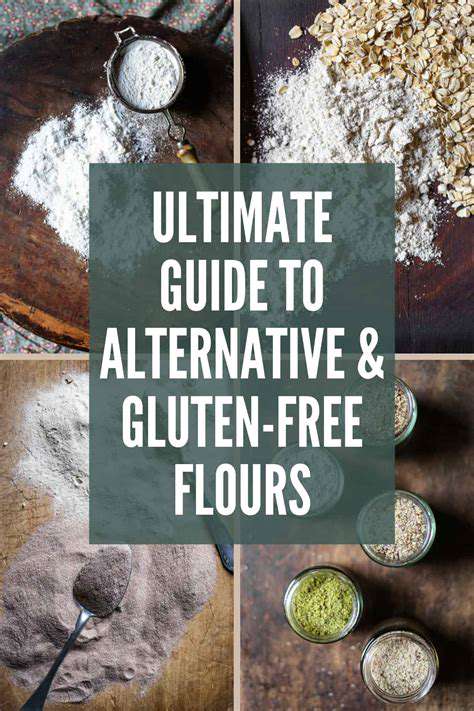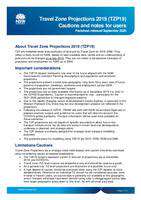Sustainable Weight Loss: Ditch the Fad Diets
These diets usually cut out entire food groups, which might help you drop pounds quickly but leaves your body starved for essential nutrients. The truth is, real health comes from balance—not from extreme restrictions that you can’t maintain.
The Risks of Nutrient Deficiencies
When you follow a fad diet, you might miss out on key vitamins and minerals. This isn’t just about feeling tired—it can weaken your immune system and even damage your bones. For example, skipping dairy might lead to calcium deficiency, while avoiding carbs could leave you low on energy.
Nutrient gaps don’t just slow you down; they can cause serious issues like anemia or chronic fatigue. Your body needs a variety of foods to function properly, and cutting corners with extreme diets often backfires.
The Unsustainability of Fad Diets
Fad diets are like sprinting in a marathon—you might start strong, but you’ll burn out fast. Most people regain the weight they lose, often ending up heavier than before. The cycle of losing and gaining weight can mess with your metabolism and your confidence.
These diets aren’t built to last. When cravings hit or life gets busy, the strict rules become impossible to follow. Without addressing habits or emotional eating, the weight creeps back, leaving you frustrated.
The Potential for Long-Term Health Issues
Quick fixes rarely solve the real problem. Extreme diets can throw your hormones out of balance, disrupt digestion, and even harm your heart. For instance, high-protein diets might strain your kidneys, while very low-calorie plans can slow your metabolism permanently.
Misinformation and Misleading Claims
Be skeptical of diets that sound too good to be true. If a plan promises “miracles” without evidence, it’s probably a scam. Always check with a doctor or dietitian before overhauling your eating habits.
Ads for these diets often stretch the truth or ignore risks. Don’t let clever marketing trick you into choices that could hurt your health. Professionals can help you sort facts from fads.
Building a Sustainable Lifestyle: The Key to Long-Term Success
Understanding the Core Principles of Sustainability
Real change happens slowly. Instead of drastic cuts, focus on small, doable shifts—like adding veggies to meals or walking daily. Health isn’t just about weight; it’s about feeling strong and energized every day.
Build habits that fit your life. If you love pasta, don’t ban it—just pair it with protein and veggies. Sustainability means enjoying food while nourishing your body.
Prioritizing Mindful Eating Habits
Slow down at meals. Notice when you’re full, and ask yourself if you’re eating from hunger or stress. This simple awareness can curb overeating and help you savor food more.
Incorporating Regular Physical Activity
Find movement you love—whether it’s dancing, swimming, or gardening. Consistency beats intensity; even a daily 20-minute walk makes a difference over time.
Managing Stress for Optimal Results
Stress hormones like cortisol can trigger cravings. Try deep breathing, yoga, or a hobby to unwind. A calm mind makes healthier choices easier.
Creating a Supportive Environment
Share your goals with friends or join a group. Accountability and encouragement go a long way when motivation dips.
Tracking Progress and Celebrating Milestones
Use a journal or app to note wins, like choosing fruit over candy or hitting a step goal. Celebrate non-scale victories, like better sleep or more energy.
Seeking Professional Guidance When Needed
If you’re stuck, a dietitian can tailor a plan for your needs. They’ll help you navigate allergies, health conditions, or emotional eating without gimmicks.

Lidocaine, a commonly used local anesthetic, blocks sodium channels to stop pain signals. This mechanism is key for numbing areas during procedures safely. It works by halting sodium ions, which nerves need to send pain messages.
